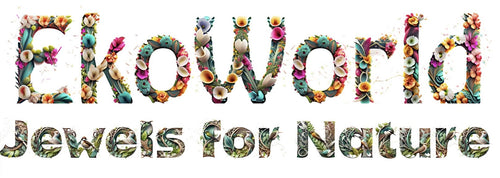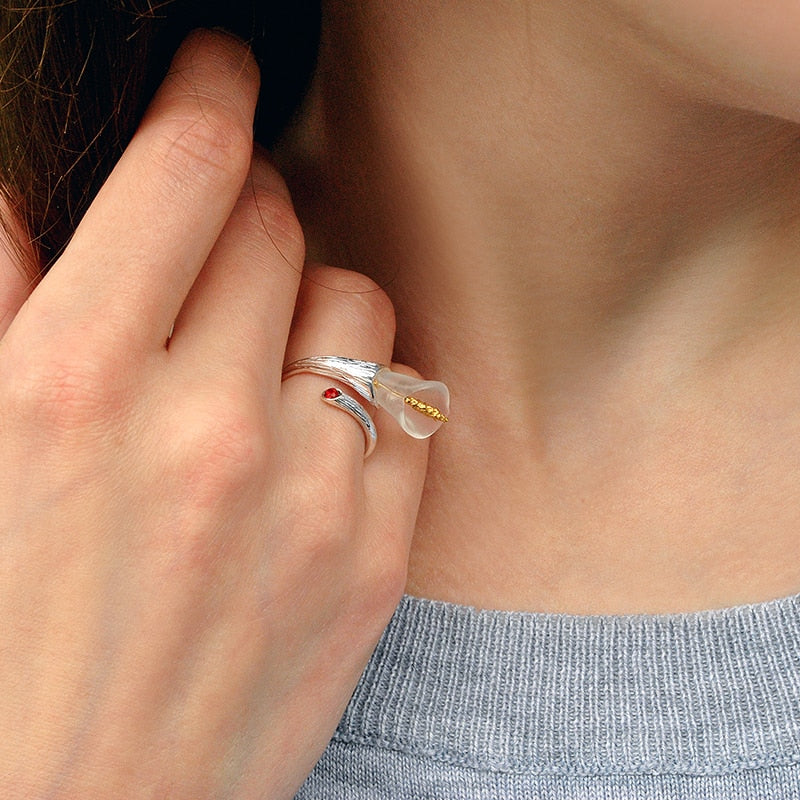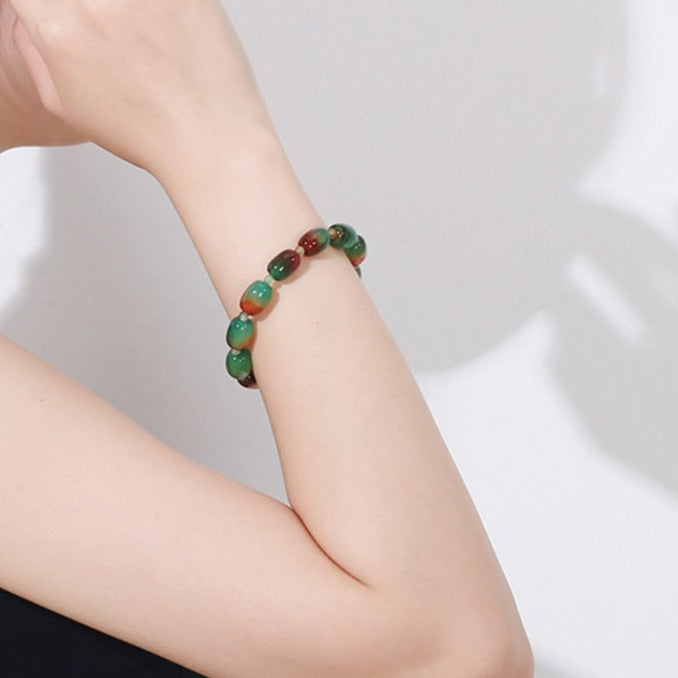Rock crystal also called hyaline quartz is one of the most common minerals on the planet. It is used in the composition of many other rocks, such as granite. From the chemical point of view, rock crystal belongs to the mineral group of silicates, a subgroup of tectosilicates, composed of silicon dioxide of the formula SiO2. Quartz often contains inclusions of other elements such as iron, magnesium, aluminum, calcium, etc .....
Rock crystal is naturally colorless and transparent like glass. However, in its crystalline and cryptocrystalline varieties, quartz can be of different colors. Its color is determined by chemical inclusions of some metals that can mix with the mineral. The crystal system of the rock crystal is trigonal. Its break is conchoidal. Its line is white, as for its brightness it is either oily, glassy or white. Quartz has a constant density of 2.65. The hardness of this crystal is around 7 on the Mohs scale for the purest quartz.
The most notable deposits of rock crystals are generally found in the Americas, more precisely in Brazil, the United States and Canada. 
History of rock crystal
While there is no clear definition of the term quartz, we will focus more on the definition of the word crystal. The term derives from the ancient Greek "krystallos" which means "ice". The same term would in turn derive from the word "kryos" which means "frost". Pliny the Elder tells of the ancient belief that attributed the creation of rock crystal to a drop in temperature so great that the crystal could no longer melt even if placed in the fire.
Archaeological excavations suggest that rock crystal was a stone known and used since prehistoric times. It would have been used to make tools, weapon tips or as a flint to start fires. Since ancient times, almost all the peoples who had known rock crystal attributed to it healing powers, even magical and supernatural.
The Greco-Romans used it to cauterize wounds by concentrating the sun's rays with a rock crystal ball. Middle Eastern civilizations have attributed to it the power to make invisible. As for the Maya, they used quartz as a divining rod to find water.
Virtue of rock crystal
Connoisseurs do not hesitate to describe rock crystal as the queen stone of lithotherapy. This is certainly due to its applications and possible uses. Quartz is the quintessential pain relief stone, as it is often used to treat back pain and various temporary pains. It would also be helpful to help regulate stomach and intestinal problems. Rock crystal also has benefits for the eyes as an organ and for sight in general, for hearing, for the circulatory system and for the heart, and for the entire nervous system. The lithotherapeutic uses of rock crystal are too varied to list them all.
On the psychic level, rock crystal is an opening stone of the spirit conducive to meditation and concentration. Also open to new ideas and concepts. Stubborn people would do well to have a quartz before getting into a discussion or debate of ideas. A harmonic and anti-stress stone, rock crystal captures negative energies to leave room only for harmony. On the spiritual level, it helps to unlock energy and emotional blocks to amplify the faculties of spiritual perception and other sensitivities of the subtle world. For this reason it is recommended to use caution when handling quartz.
On a karmic level, rock crystal opens and strengthens all chakras, it is also a stone that adapts to all astrological signs.
To purify the rock crystal, it is faceted. To immerse the stone in slightly salted distilled water or more simply rinse it with charged water, just expose it to the sun.










